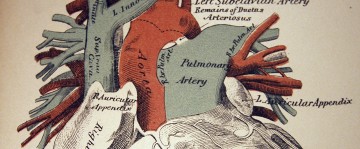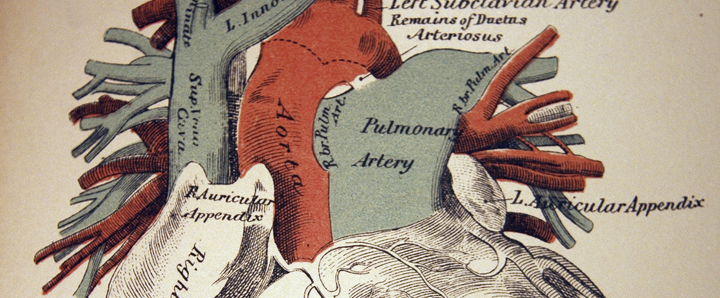Emergency Medicine is a unique crossroad between hospital and community, providing a critical safety net for individuals with health concerns ranging from heart failure to mental illness. In B.C. alone, there are approximately 1,000 physicians working to respond to more than 2,000,000 emergency patient visits per year.
The UBC Department of Emergency Medicine is committed to providing leadership, research, and training that is important to individuals, communities, and British Columbia’s health care system. As emergency physicians encounter all aspects of health, they often identify opportunities for improved responses to patient illness and public health policies as a whole.
Their experience, in partnership with the research capacity of academic centres, and the policy-making capacity of government, can greatly advance emergency care and shape the way we address the health needs of families and communities across BC. This is reflected within the Department’s 5 year Strategic Plan, which identifies “priority initiatives” built on excellence, new relevant knowledge generation, effective knowledge exchange, and system reform.

Strategizing to successfully identify and treat infectious diseases
July 30, 2014
Researchers are working hard to develop strategies to improve identification and treatment for patients with infections.

Optimizing survival in out-of-hospital cardiac arrest
July 30, 2014
Advancing the quality of CPR and resuscitation practices by paramedics and Emergency Departments and ICUs across the province.

Preventing adverse effects of prescription medications
July 30, 2014
A faculty member is leading the development of a new program which helps to identify adverse events related to prescription medications, reducing admissions to Hospital and prescribing best practices.

Safe and efficient early discharge of low-risk patients with chest pain
July 30, 2014
Researchers have developed a new system to better identify whether a patient with chest pain is at high or very low risk.




